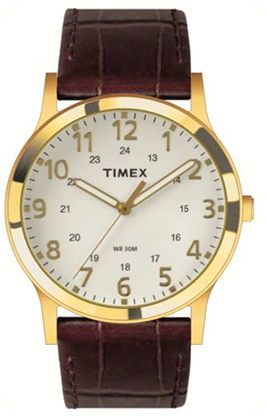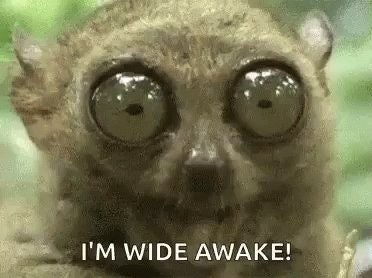QUE HORA ES?
- TLALOCO
- Mar 8, 2020
- 3 min read
Updated: Apr 8, 2020
Oye, wake up Raza! Did you forget to set your clock ahead yesterday (Saturday, March 7th)? Do you know why we do it? ¿Sabes cuando empezó? Or where it began? Is it important to you. Pues, yeah...if you don't want your body clock to be messed with!
According to the people from TimeandDate.com, who have been studying time since 1998, Daylight Savings Time (DST) is a seasonal time change measure where clocks are set ahead during part of the year, usually by one hour. As DST begins, the Sun rises and sets later, on the clock, than the day before. Today, about 40% of countries worldwide use it to make better use of daylight and to conserve
energy. At least that's the theory.
Germany and Austria were the first countries to use DST in 1916. But a few hundred Canadians beat the German Empire by eight years. On July 1, 1908, the residents of Port Arthur, Ontario, today's Thunder Bay, turned their clocks forward by one hour to start the world's first DST period. In the US, “Fast Time”, as it was called then, was first introduced in 1918. It didn't last but a mere 7 month before it was repealed. In 1942, at the height of World War II, President Franklin D. Roosevelt reintroduced the measure, instituting year-round Daylight Saving Time in the United States.
“Spring forward, fall back” is one of the little sayings used to remember which way to set your watch. You set your clock forward one hour in the spring when DST starts and back one hour when DST ends in the fall. Pero, most Raza, en este lado, follow Chicano Time. Ya sabes, when we show up its time. Besides, we don't need no stinkin Ti-Mex watches! ¿Es PuroChisme?
There is controversy surrounding DST. Some say there is more revenue For Companies and more daylight for activities. Bustle Digital Group reported that in 2010, a lobbying group for convenience stores told The New York Times that DTS earned the convenience store industry an annual revenue of $1 billion since it began practicing it in 1986. It seems to make sense. With more daylight, people are likely to go outside, and possibly shop more.
Not to mention a decrease in crime - criminals generally don't want witnesses so they prefer to work in the dark. In 2015, The Brookings Institute argued in favor of DST while referring to research that claimed crime fell by an average of 7 percent, especially robberies. The possible explanation? With sunlight acting as a deterrent, crimes like theft may be harder to carry out.
Others argue that the change in time, upsets our circadian rhythm (your sleepiness and alertness cycle - Sί, we all have one!). Sleep deprivation, the body's circadian clock, and immune responses all can come into play when considering reasons that changing the time by an hour can be detrimental to someone's health. It's even been found to increase the likelihood of heart attacks the Monday and Tuesday following DST (National Geographic, Nov. 2013).
It's argued that there's a spike in traffic accidents too. In 2015, per CBS News, the University of British Columbia reported that there was an initial 17 percent spike in traffic accidents in the first week of daylight saving time.
Proposals to stay on standard time or move to full-time DST appear on the legislative agenda in the United States frequently. According to the National Conference of State Legislatures, since 2015, more than 200 daylight saving bills and resolutions have been introduced in almost every state across the US.
In November 2018, California voters approved “Proposition 7”, allowing for the possibility to put Californians on year-round DST. In Florida, a bill dubbed the “Sunshine Protection Act” was passed on to Congress in March 2018, eliminating the practice of setting the clocks twice a year. The Bill is awaiting approval at the federal level.
Several US states have passed bills and resolutions in favor of permanent DST. However, none have received congressional approval to abolish the time change. For this to happen, Congress first has to pass a federal law allowing states to observe DST year-round. Wow, let's all set our clocks and watches for the "time" when Congress will agree on something!






Comments